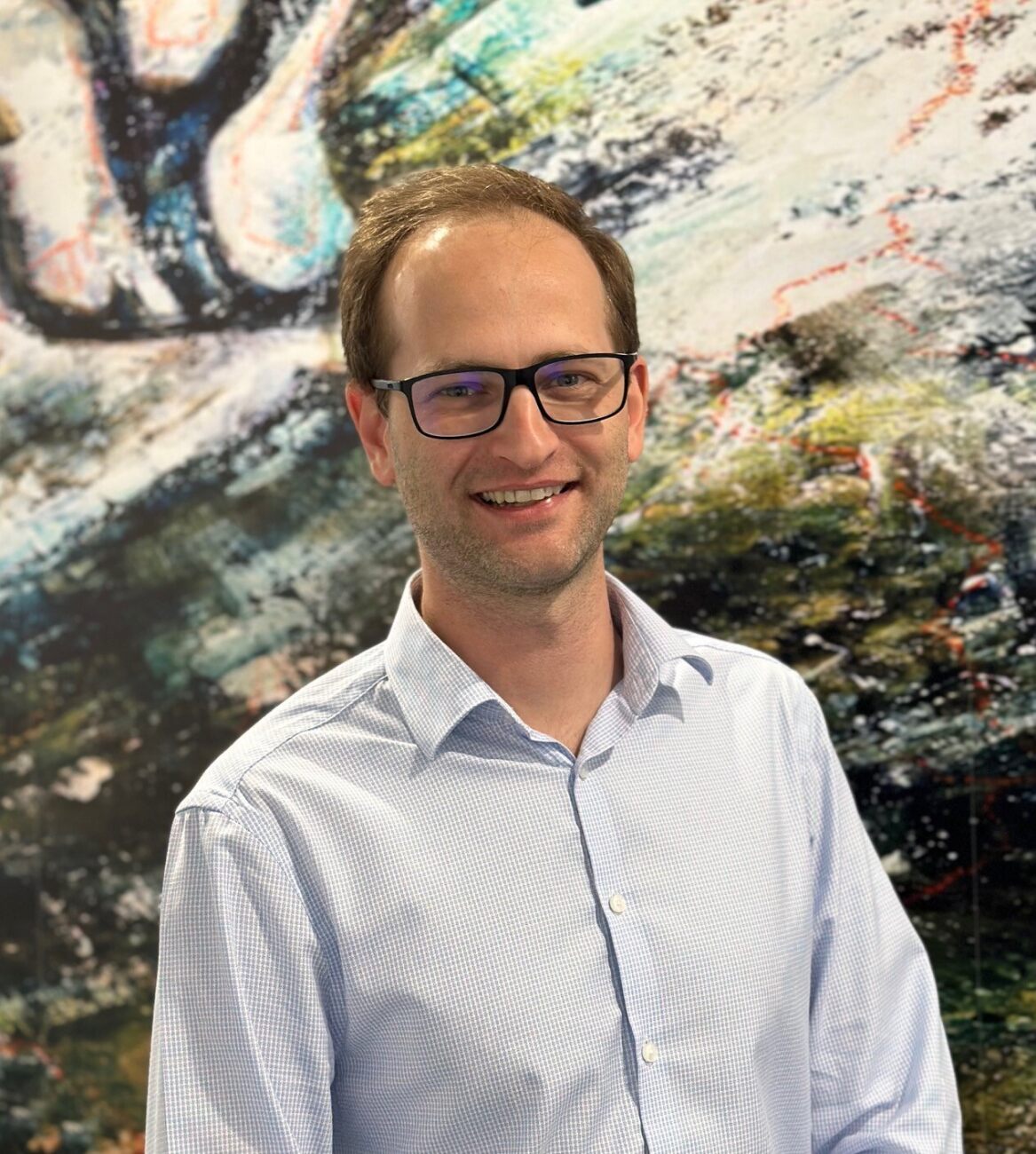
Software developers are the magicians of the IT world. Using a very precise set of skills, they transform an idea into a functional software product.
In more practical terms, software development is the process of creating, designing, programming, testing and maintaining software applications, frameworks or other software components.
Software, in itself, is incredibly expansive. Ranging from operating systems (Windows, macOS...) and web browsers (Chrome, Microsoft Edge, Safari...) to project management tools (e.g. Trello), anti-virus applications (Norton, McAfee...) and so on and so forth. It's huge!
Software is so inherent to our modern lives that most people never even think about the many hundreds of applications they rely on to live, work, communicate, learn and enjoy themselves through.
Without it, however, society just wouldn't function.
It's no wonder then that many IT professionals find themselves pursuing a career in software development.
In this article, through the lens of some fantastic quotes, we'll explore the wonderful world of all things 'dev', including why you may like to consider a career in this space.
1. “Software development is both challenging and rewarding. It’s creative like an art form, but (unlike art) it provides concrete, measurable value” - Chad Fowler
Software development offers an outlet for creative thinking and problem-solving skills. Developers have the opportunity to design and build innovative solutions to real-world challenges, creating something from scratch and seeing their ideas come to life.
2. “Software development is all about knowledge and decision-making based on that knowledge, which in turn creates additional knowledge” - Cyrille Martaire
Software developers are continually learning and growing, given how dynamic a field it is. It evolves rapidly and constantly! Software development offers continuous learning opportunities, as developers need to stay updated with new technologies, frameworks and best practices. This constant learning fosters personal and professional growth, keeping developers intellectually stimulated.
3. “The magic of a computer lies in its ability to become almost anything you can imagine, as long as you can explain exactly what that is. With the right programming, a computer can become a theatre, a musical instrument, a reference book, a chess opponent. No other entity in the world except a human being has such an adaptable, universal nature” - Daniel Hillis
The expansive nature of software development means those who work in this field have a real chance to make a significant impact on society and individuals' lives. You really can make the world a better place!
For example, software development may improve the accessibility and inclusivity of everyday life through the likes of assistive technologies, screen readers and captioning tools. Working on projects with so much meaning can be highly rewarding.
4. “Collaboration is not just a buzzword in software development; it's the cornerstone of success. By working together, we navigate complexity, build trust, and deliver extraordinary software that transforms industries” - unknown
Software development is not an isolated activity. It involves collaboration with diverse teams, such as designers, testers, project managers and stakeholders.
Working in a team-oriented environment allows developers to learn from others, share knowledge and collectively build remarkable software solutions. This team approach can result in a good sense of professional satisfaction, as you'll feel part of something bigger.
What does a typical day look like for a software developer?
The primary goal of the software development team is to ensure each customer has the software required to meet their business needs. Here are some of the key activities typically performed by a software development team:
-
Project Scope: The team works with stakeholders to understand the desired functionality, features, and goals of the software project. They collect and analyse requirements to define the scope of the project.
-
System Design: The team creates a technical design or architecture for the software solution based on the requirements. This involves identifying components, modules, interfaces, and the overall structure of the system.
-
Coding and Development: Developers write the code using programming languages, frameworks, and tools based on the chosen design. They follow coding best practices, maintain code quality, and ensure adherence to coding standards.
-
Testing and Quality Assurance: Testers design and execute test cases to verify that the software functions correctly, meets requirements, and is free from defects or bugs. They perform various types of testing, including unit testing, integration testing, system testing and user acceptance testing.
-
Collaboration and Communication: Team members collaborate and communicate effectively to share knowledge, resolve issues, and align their efforts. This includes regular meetings, discussions, and using project management tools to track progress and assign tasks.
-
Version Control and Configuration Management: Developers use version control systems like Git to manage source code, track changes, and enable collaboration. They ensure proper configuration management to maintain consistency across environments.
-
Deployment and Release: The team prepares the software for deployment, packaging it into a suitable format for installation or distribution. They may also configure servers, databases, or cloud infrastructure to support the software.
-
Maintenance and Support: After the software is deployed, the team provides ongoing maintenance, bug fixes, and support to address issues that arise. They may also incorporate new features or enhancements based on user feedback or evolving requirements.
-
Documentation: Throughout the development process, team members create documentation, including technical specifications, user manuals, API documentation, and other relevant materials to assist users, administrators, and future developers.
-
Continuous Learning and Improvement: The team strives for continuous improvement by learning from their experiences, adopting new technologies and practices, and staying updated with the latest trends in software development.
It's important to note that the specific tasks and responsibilities of a software development team may vary depending on the project, organisational structure and development methodologies employed (e.g., Agile, Waterfall, DevOps).
Part of something bigger
The Software Development team at Diamond IT specialise in providing comprehensive solutions in software development and business insights. Our expertise encompasses a wide range of services, including Microsoft SharePoint and Teams Solutions, Microsoft Dynamics 365 Customer Engagement Solutions, Business Intelligence and Data Warehousing.
The team are skilled in crafting custom applications and apps tailored to meet the unique needs of our customers. Additionally, they excel in creating seamless integrations between various software applications, ensuring a smooth and efficient workflow for our customers.
With a focus on cutting-edge technology and innovative solutions, the team are dedicated to empowering businesses with the solutions they need to succeed.
How Diamond IT can help you succeed
Diamond IT's Software Development team and Business Technology Managers (BTMs) are here to guide you through making the best decisions around technology to support your modern workforce, including how to decide on which solutions best suit your environment.
Contact us today on 1300 307 907.





